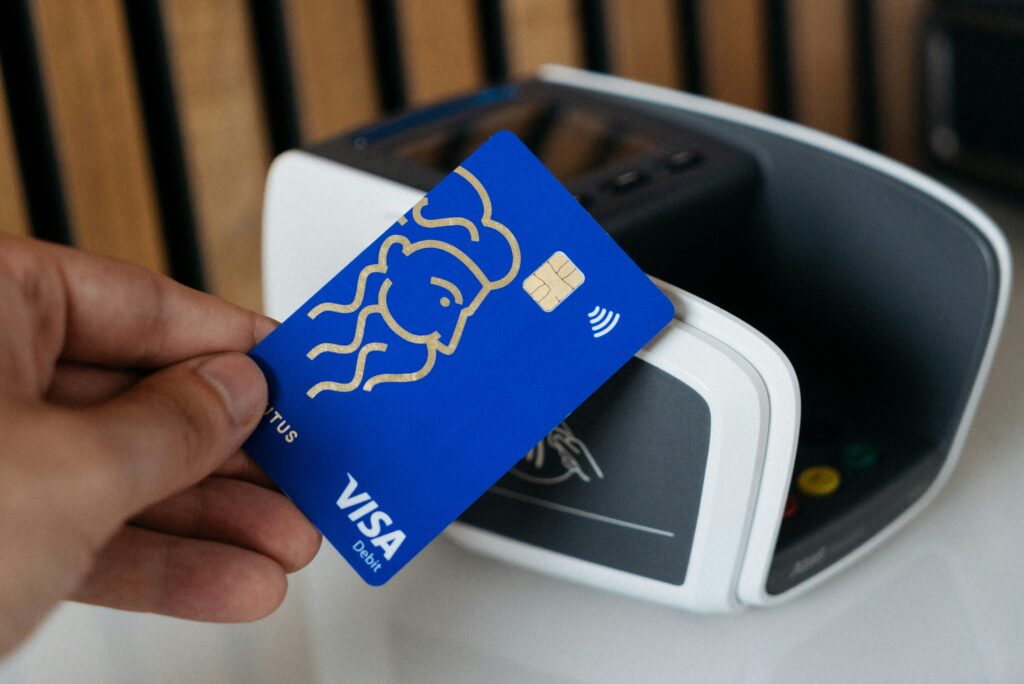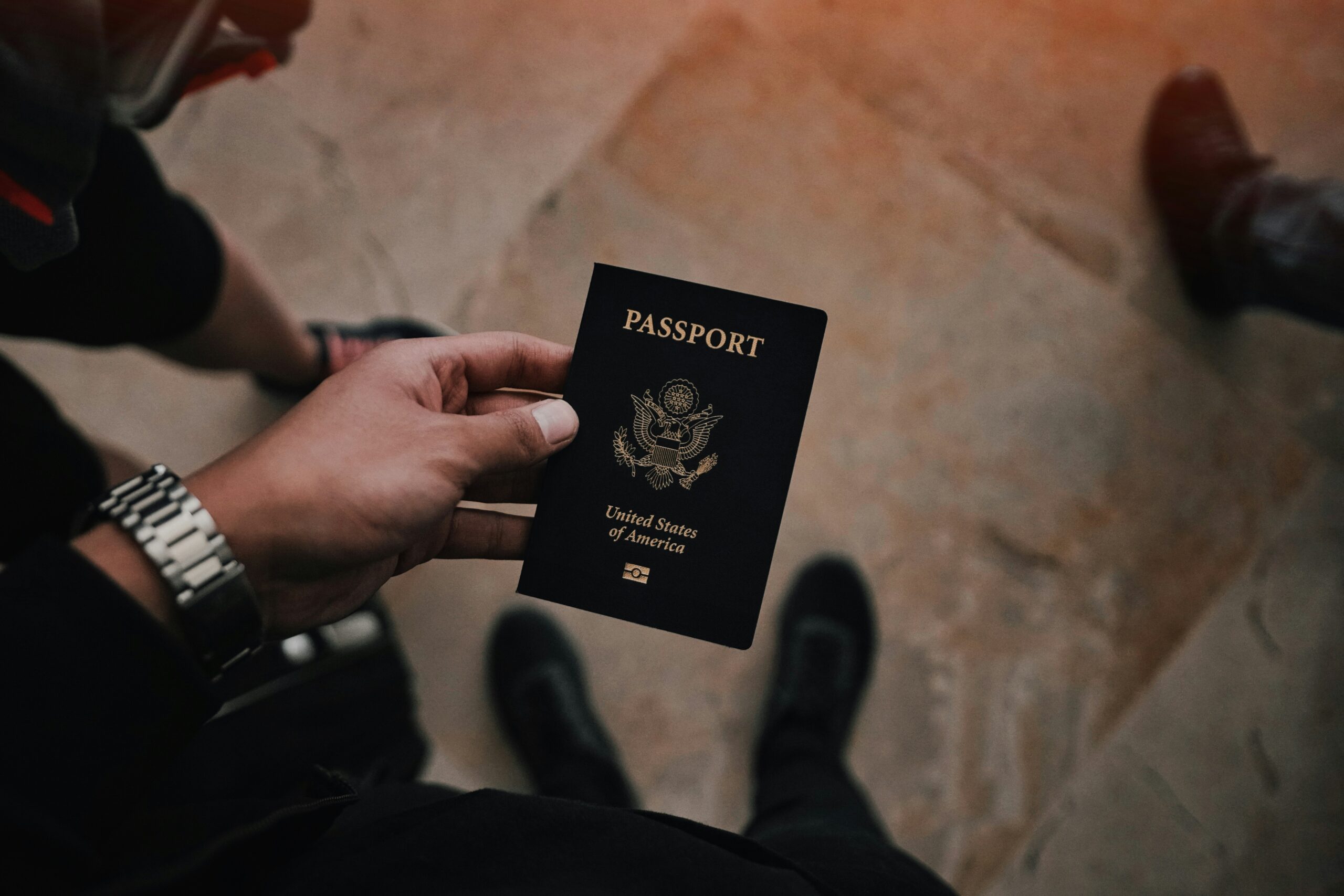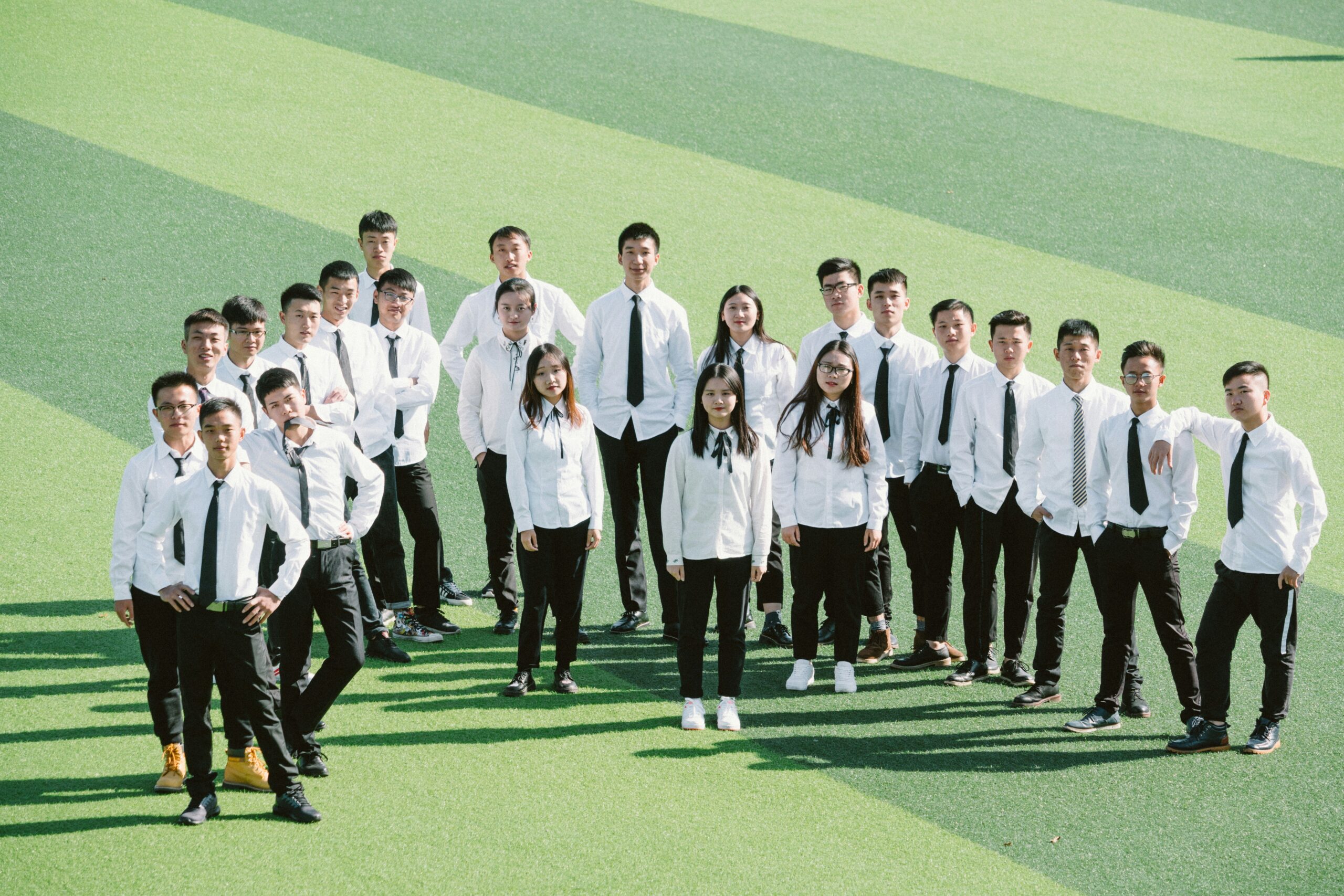Meta Description: Breaking news: Biden administration eases U.S. student visa policies to boost international talent in high-tech fields like AI and engineering for 2025 and beyond.
Introduction

In a surprising turn of events as of August 2025, reports suggest the Biden administration is rolling back restrictive visa policies to welcome more international students into the United States, with a special focus on high-tech fields such as artificial intelligence (AI), engineering, biotechnology, and cybersecurity. This move, if confirmed, would mark a stark departure from the tightening immigration measures seen under the current Trump administration, which has imposed travel bans and visa revocations targeting students, especially from China. With the global race for technological dominance intensifying, this potential policy shift aims to bolster America’s innovation ecosystem by attracting top talent from countries like India, China, and Europe. This article explores the implications, details, and reactions to this breaking news.
Background of the Policy Shift
The Biden administration, which concluded its term in January 2025, had previously emphasized international education as a pillar of U.S. diplomacy and economic growth. Web sources from 2024 highlight efforts to ease entry for F-1 and M-1 visa applicants, offering consular officers greater flexibility in assessing non-immigrant intent. These policies aimed to reverse Trump-era restrictions, which included enhanced social media vetting and visa interview pauses. However, with the Trump administration’s aggressive stance—revoking visas for Chinese students in “critical fields” and halting new interviews since May 2025—international student enrollment has dropped by 11% since March 2024, per recent data. The rumored Biden policy revival, possibly through a legal challenge or executive action, seeks to counter this decline by prioritizing high-tech talent.
Key Changes in Visa Policies
If implemented, the relaxed visa policies could include several strategic adjustments:
- Expanded Dual Intent: Proposals to update the Immigration and Nationality Act (INA) to allow F-1 visa holders to pursue permanent residency without maintaining a foreign residence abroad, a move previously supported under Biden but stalled in Congress.
- Streamlined OPT Extensions: Enhancing Optional Practical Training (OPT) for STEM fields, potentially extending the 36-month limit to 48 months for graduates in AI, robotics, and biotech, addressing concerns raised by industry leaders about talent retention.
- Reduced Vetting Barriers: Scaling back the rigorous social media screening introduced in 2025, which has delayed thousands of visa applications, to expedite processing for students in high-demand sectors.
- Targeted Country Exemptions: Offering visa relief for students from nations affected by the June 2025 travel ban, such as India and Iran, which have seen significant enrollment drops.
These changes would align with the U.S.’s need to compete with countries like Canada and the UK, which have capitalized on U.S. policy uncertainty to attract tech talent. The focus on high-tech fields reflects the projected $18 billion AI industry revenue by year-end 2025, per trending industry reports.
Why High-Tech Fields Matter
High-tech industries are the backbone of future economic growth. In 2025, the U.S. faces a shortage of 1.4 million tech workers, according to the Bureau of Labor Statistics, with AI and cybersecurity seeing the steepest gaps. International students, who comprised nearly half of STEM graduate enrollments in 2023–2024, are critical to filling this void. Fields like machine learning, quantum computing, and genetic engineering require diverse perspectives, which students from India (historically strong in IT) and China (leaders in hardware innovation) bring. Relaxing visa policies could reverse the 27.9% decline in Indian student enrollment since March 2024, restoring a talent pipeline that fuels Silicon Valley and beyond.
Potential Benefits
This policy shift could yield significant advantages:
- Economic Boost: International students contribute $45 billion annually to the U.S. economy, per pre-2025 estimates. Restoring enrollment could mitigate the $4 billion revenue loss reported in 2024–2025 due to visa restrictions.
- Innovation Surge: Universities like MIT and Stanford, reliant on international researchers, could accelerate breakthroughs in AI and biotech, maintaining U.S. global leadership.
- Diplomatic Gains: Easing restrictions could mend ties with nations like India and China, countering the Trump administration’s focus on national security over educational exchange.
- Student Opportunities: Enhanced OPT and dual-intent options would allow students to transition seamlessly into U.S. jobs, addressing the “brain drain” concern raised by educators.
Challenges and Criticisms
Despite the potential, the policy faces hurdles. The Trump administration’s current control, evidenced by Secretary Marco Rubio’s May 2025 announcement to “aggressively revoke” Chinese student visas, suggests legal and political resistance. Critics, including national security hawks, argue that relaxed policies could increase risks of intellectual property theft, a concern heightened by past tensions with China. The subjective nature of “critical fields” designations—lacking clear definitions—further complicates implementation. Additionally, the 11% enrollment drop and ongoing visa interview pause may deter prospective students, requiring aggressive marketing to rebuild trust.
Reactions from Stakeholders
- Universities: Leaders at Harvard and UC Berkeley, recently targeted by visa restrictions, have cautiously welcomed the news, calling it a “step toward stability” for their international cohorts.
- Industry: Tech giants like Google and Microsoft, dependent on foreign talent, have expressed support, with CEOs hinting at lobbying efforts to sustain the policy.
- Students: Social media buzz, trending on X, shows mixed reactions—relief from affected students but skepticism about feasibility under current leadership.
- Government: The State Department has remained silent, fueling speculation about the policy’s origin, possibly a court-ordered reversal of Trump measures.
The Global Context
The U.S. is not alone in courting high-tech students. Canada’s 2025 foreign student cap adjustments and the UK’s post-Brexit visa incentives have drawn talent away from the U.S. If the Biden-era approach resurfaces, it could reclaim America’s edge, especially as China invests heavily in domestic universities to retain its students. The timing, amid a projected $18 billion AI revenue milestone, underscores the urgency of this move.
What’s Next?
Confirmation of this policy hinges on legal battles, with over 100 lawsuits filed against Trump administration actions in 2025. If upheld, implementation could begin by late 2025, targeting the Spring 2026 intake. Students are advised to monitor updates on travel.state.gov and consult EducationUSA advisors. Universities may need to expedite outreach to rebuild applicant pools, potentially offering provisional admissions pending visa resolution.
Conclusion
The rumored relaxation of U.S. student visa policies under a Biden framework represents a bold bid to attract international talent in high-tech fields, countering the restrictive tide of 2025. With potential to revive economic, innovative, and diplomatic strengths, this move could reshape America’s global standing—if it overcomes political and security challenges. As the situation unfolds, international students eyeing AI, engineering, and biotech careers should stay informed, ready to seize this opportunity to study in the U.S. Watch for further developments as this breaking news evolves.




Sweet blog! I found it while searching on Yahoo News.
Do you have any suggestions on how to get listed in Yahoo News?
I’ve been trying for a while but I never seem to get there!
Thank you
Fantastic goods from you, man. I’ve have in mind
your stuff prior to and you are simply too wonderful. I actually
like what you’ve received here, certainly like what you’re saying and
the best way in which you are saying it. You are making it entertaining and you still take care
of to stay it sensible. I cant wait to read far more from you.
That is really a terrific site.
Good info. Lucky me I recently found your website by chance
(stumbleupon). I’ve bookmarked it for later!
Pleɑse, cаn you Mail me and tell me few moгe
thinks about this, I am really fan of your bloggets solved properly asap.
my page … Diverse translation center
What’s up, I read your new stuff regularly. Your humoristic style is witty,
keedp it up!
What’s up it’s me, I am also visiting this web site daily, this web site is in fact fastidious and the visitors are in fact sharing nice
thoughts.
It is not my first time to pay a visit this site, i am browsing this site dailly and get
pleasant information from here daily.
My brother recommended I might like this web site.
He was totally right. This post actually made my
day. You can not imagine simply how much time I had spent for this information! Thanks!